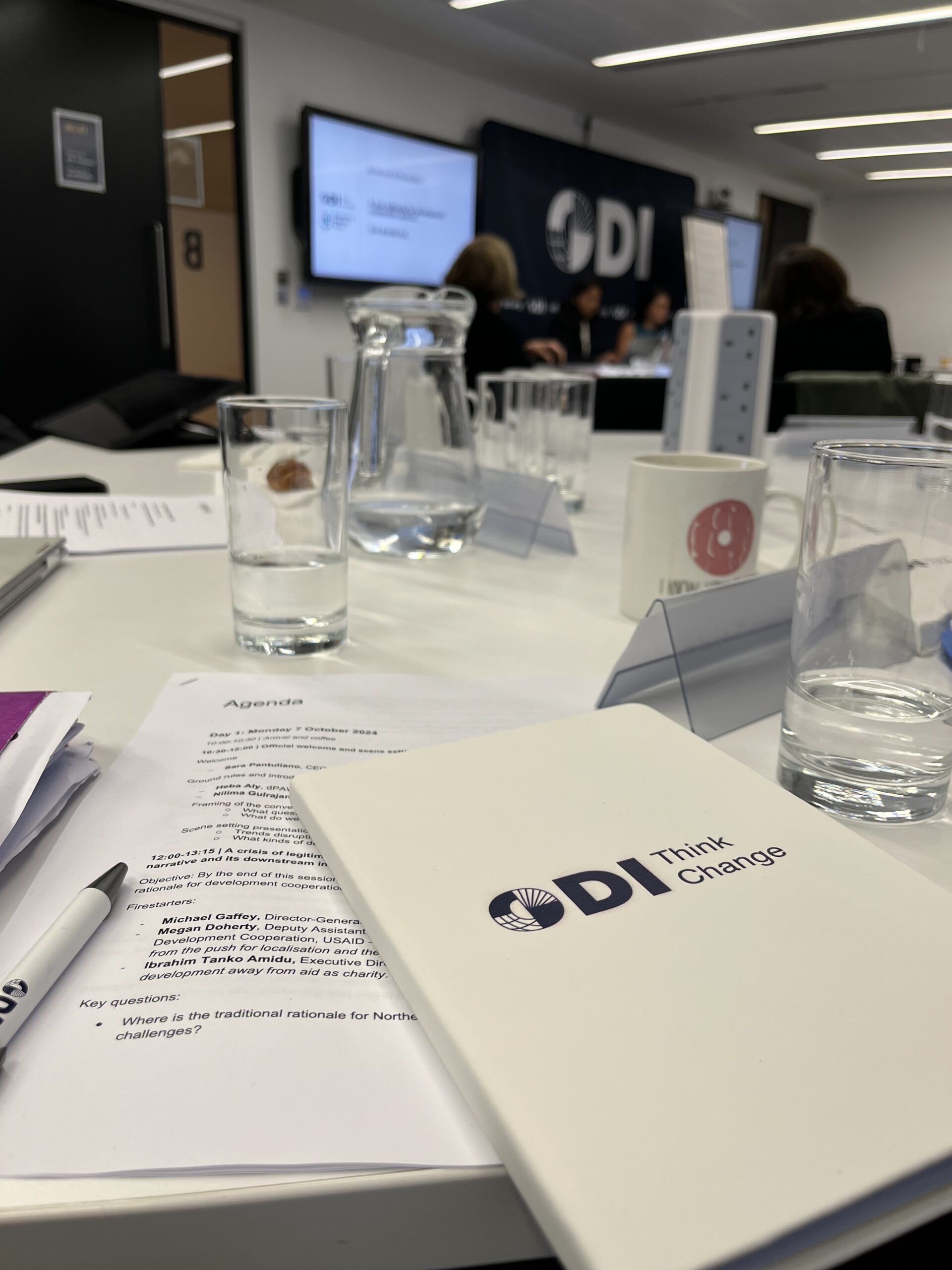Prof. Willem Fourie, Chair of Policy Innovation and Lead of the Policy Innovation Lab, was recently invited to participate in a dialogue between major donors at the ODI headquarters in London, discussing the shifting configurations of development aid.
The Donors in a Post-Aid World project aims to help donors and aid recipients reconsider the notion of development aid, which is now contending with numerous global pressures, including geopolitical tensions, domestic fiscal constraints, and calls for a more honest and reflective narrative.
Central to the discussions was the theme of how Northern donor institutions can remain relevant in a post-aid world where earlier aid narratives no longer hold. Aid may need to be reframed, deepening the sense of partnerships between equals, where Northern and Southern actors work together for mutual benefit. This approach is not without its challenges, particularly considering rising distrust between donors and recipients and growing public scrutiny of aid budgets.
Legitimacy and distrust were key discussion points throughout the workshop and Prof Fourie stated that “There is a great opportunity for the global South to be more proactive in driving what development aid should be used for, especially if citizens and the public are able to get more involved in framing national interests”. Donors have the chance to respond to the trust deficit and challenge the idea that aid should be purely based on altruism, but rather something that can have mutually beneficial outcomes.
By the end of these sessions, participants were asked to consider how new policy rationales for development might resonate with the public. Amidst rising populism, domestic fiscal pressures and polarisation, there is a need for a rationale that not only speaks to global justice but also aligns with the economic and security interests of donor countries.
Looking forward, the dialogue series hopes to create consensus on how Northern donors can realign their goals with the contemporary needs of aid recipients. Next steps involve bringing together donor institutions and recipients stakeholders to build consensus on a shared policy rationale that can adapt to the realities of today’s interconnected and multipolar world.
